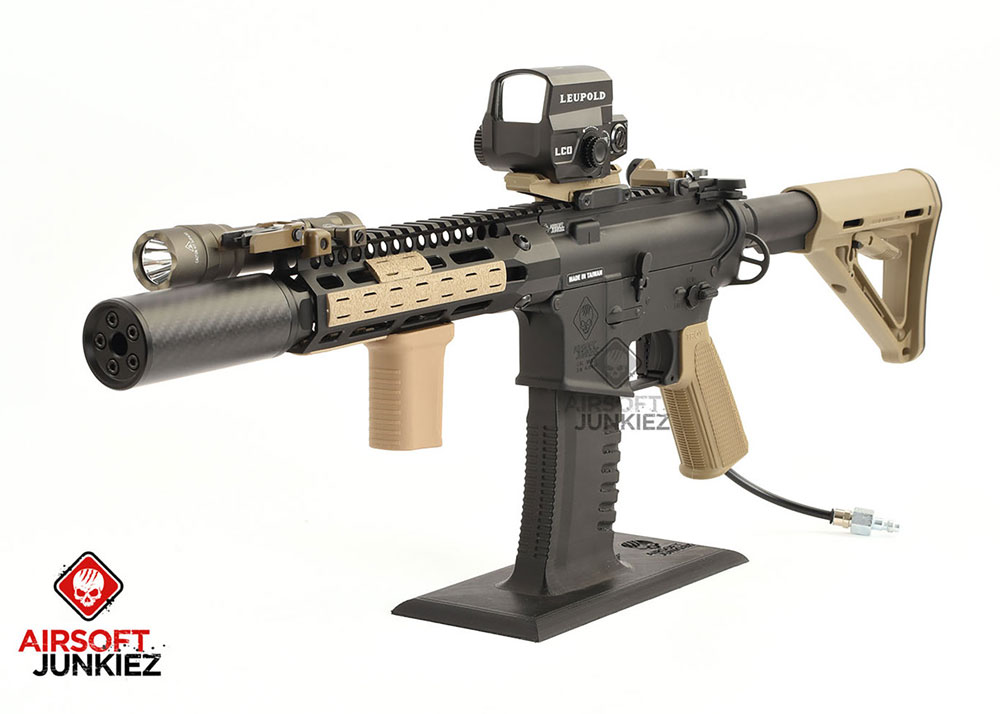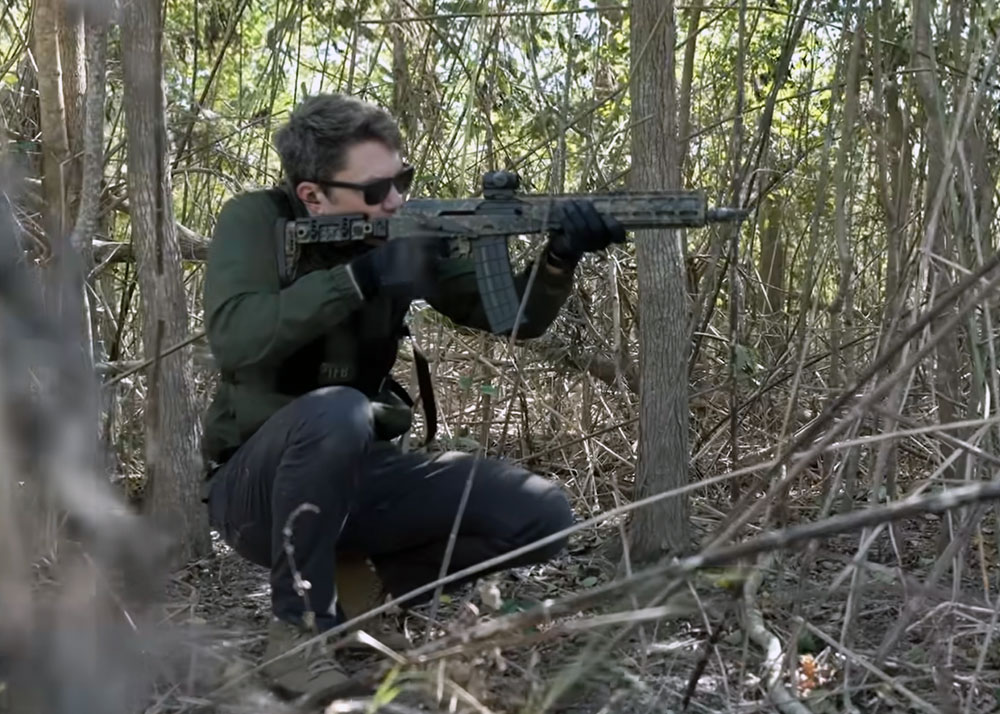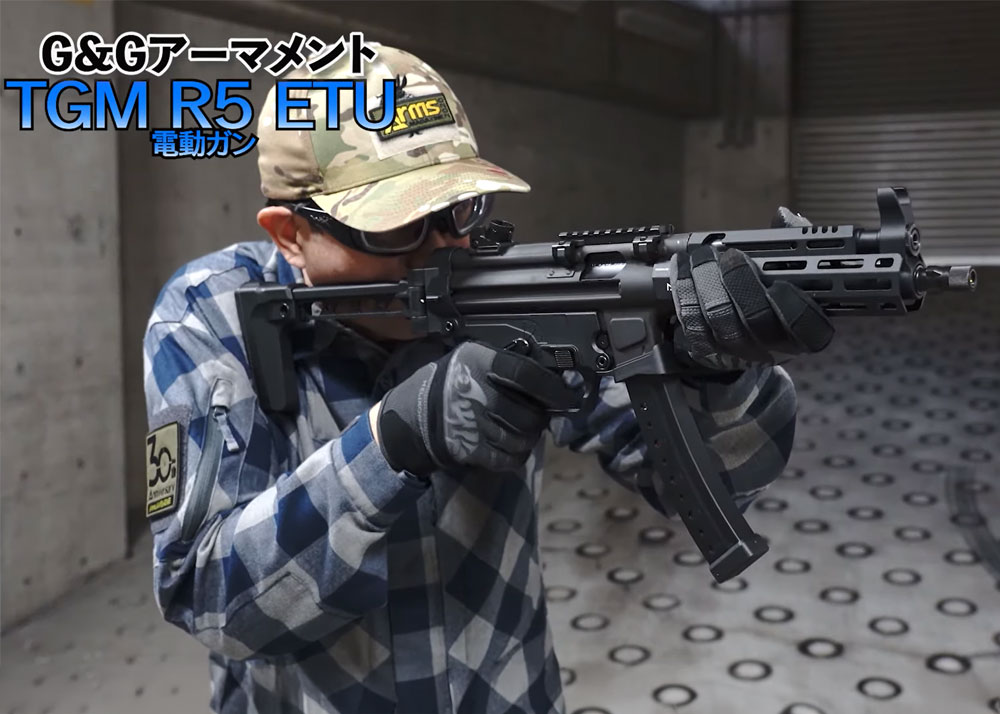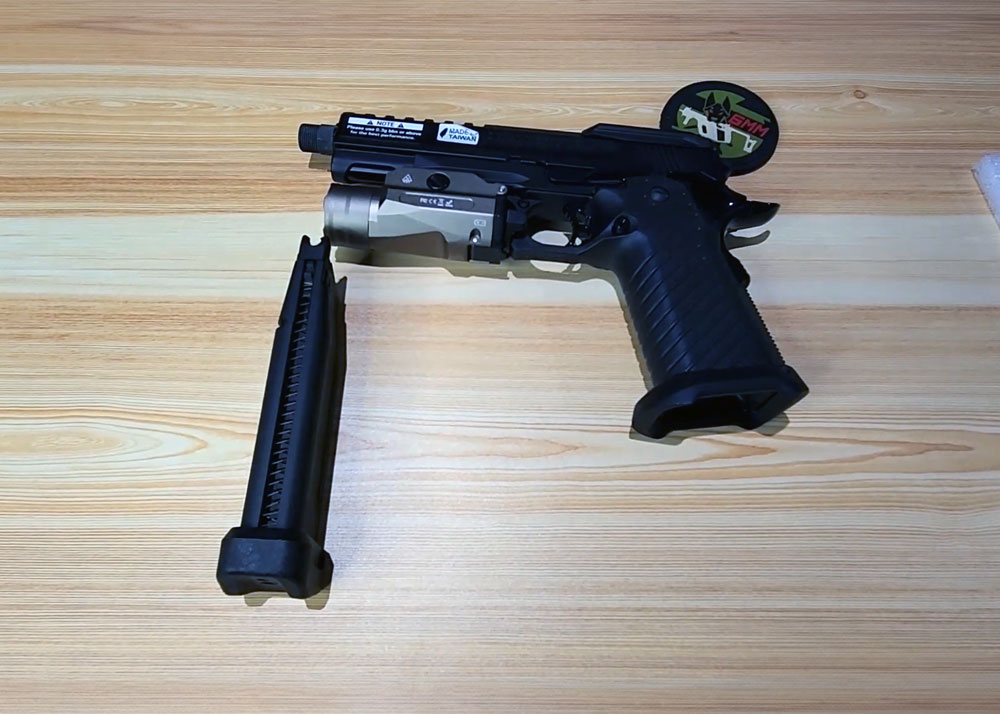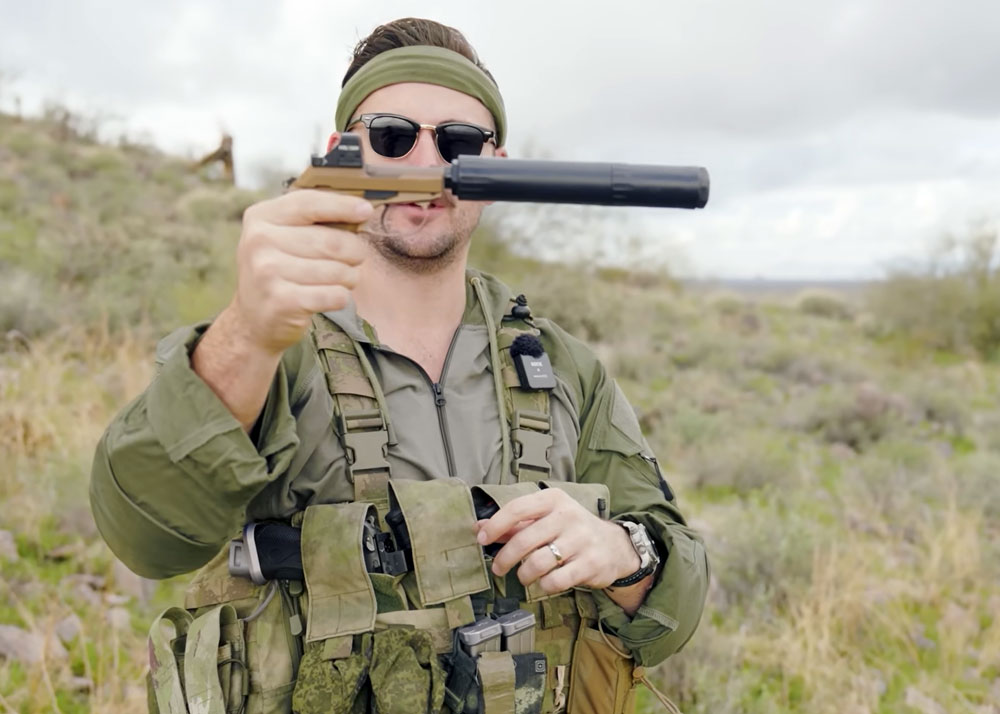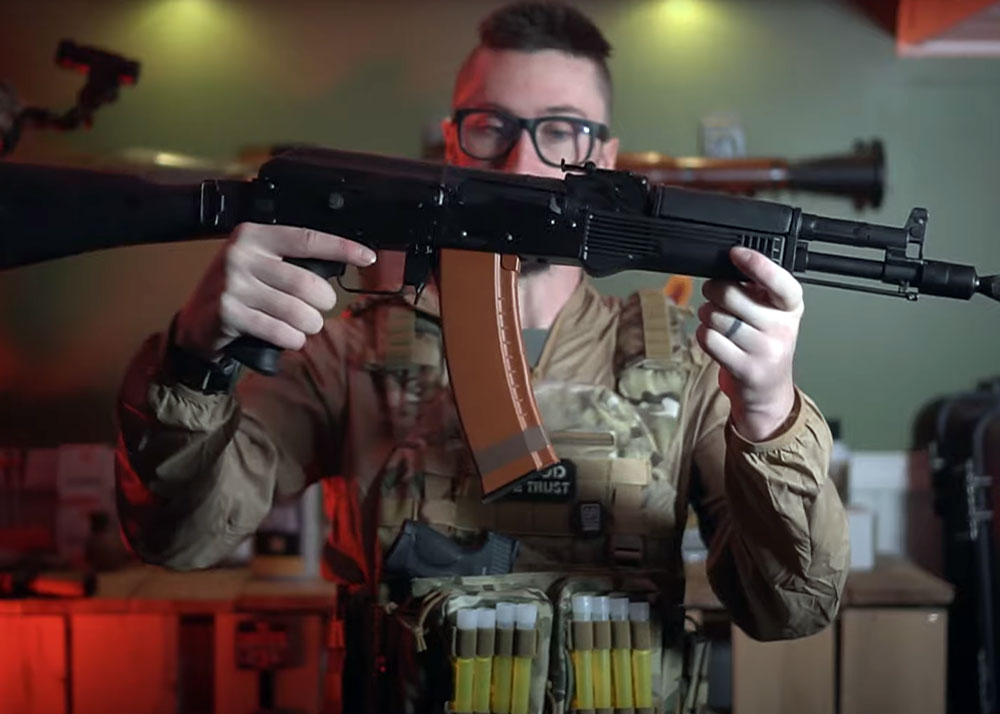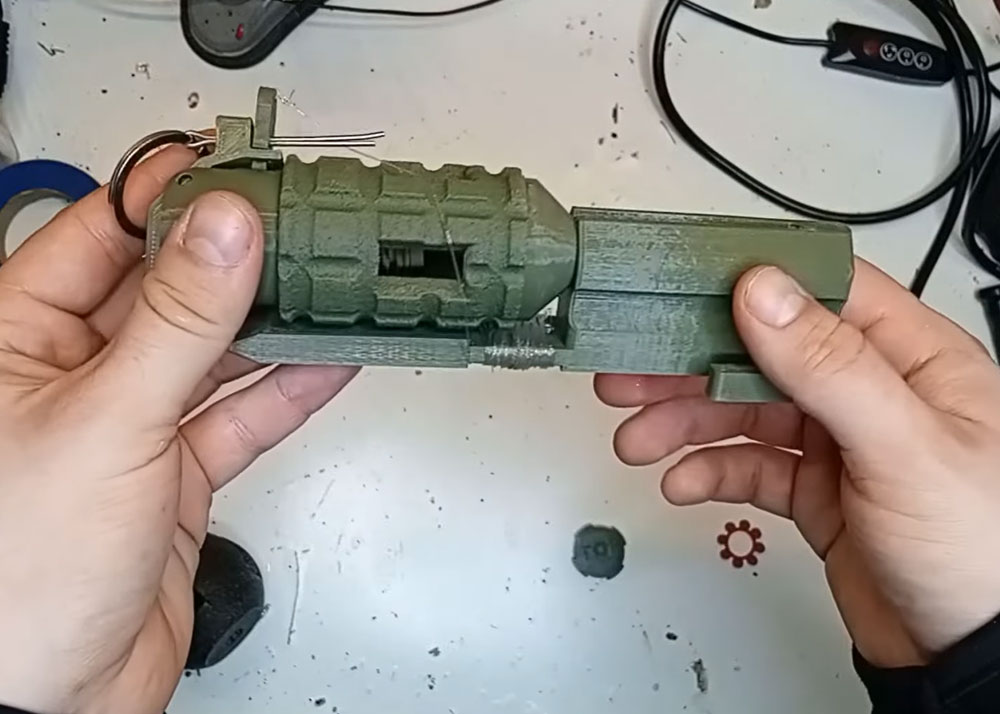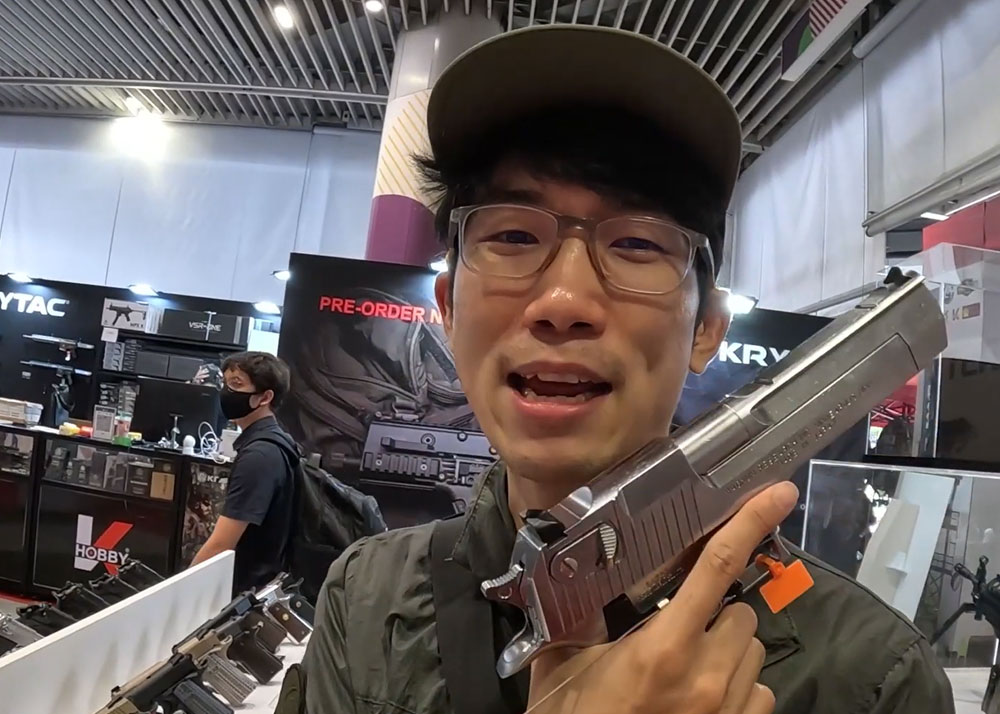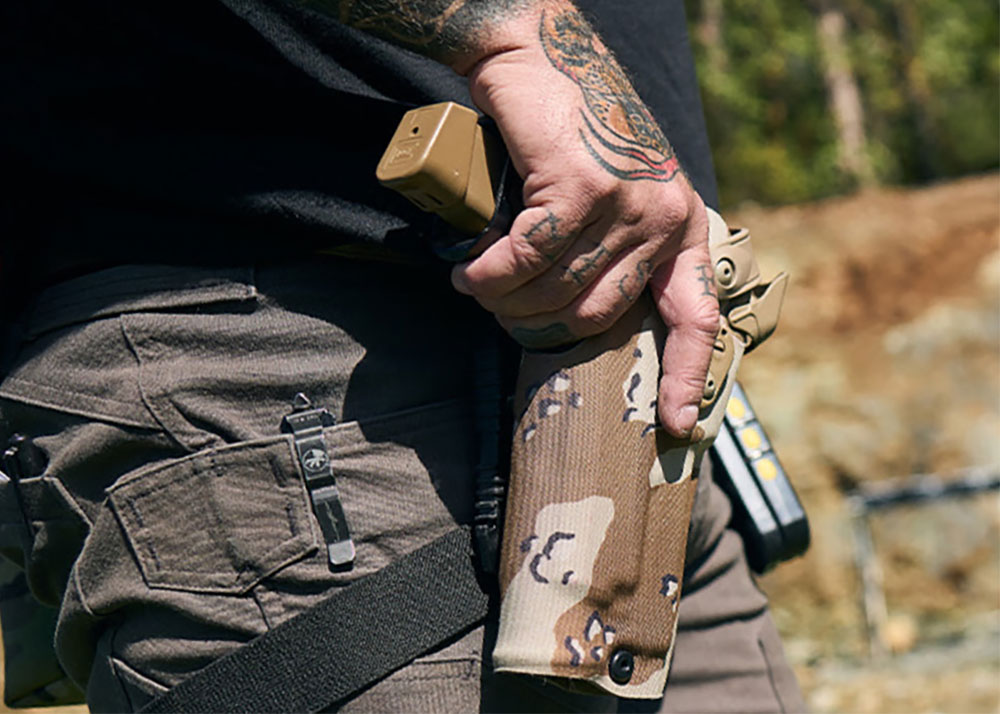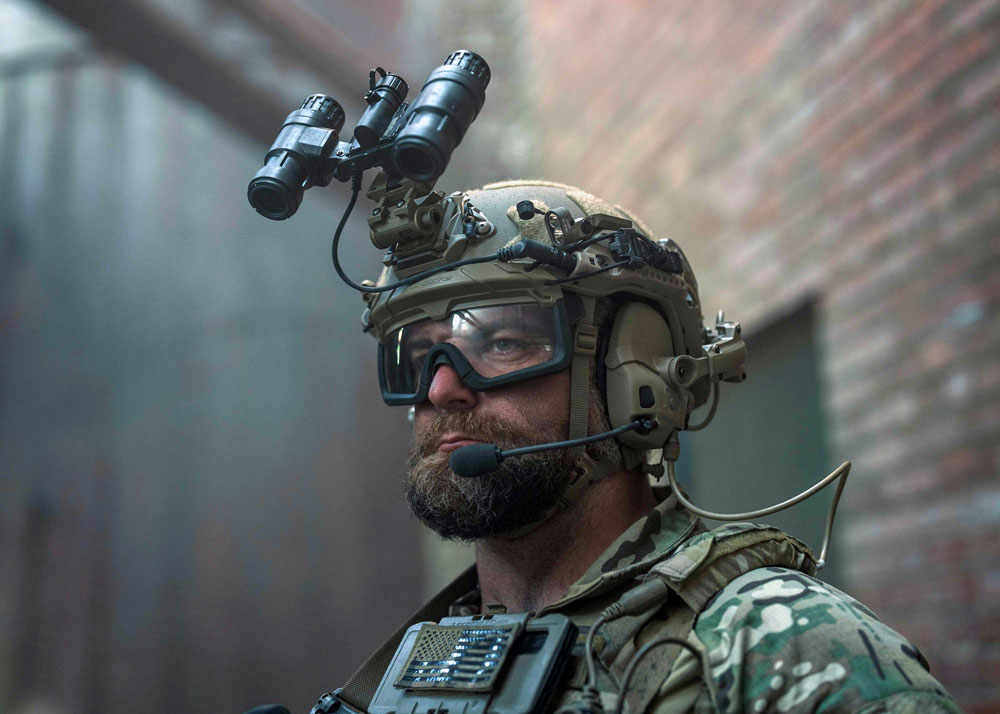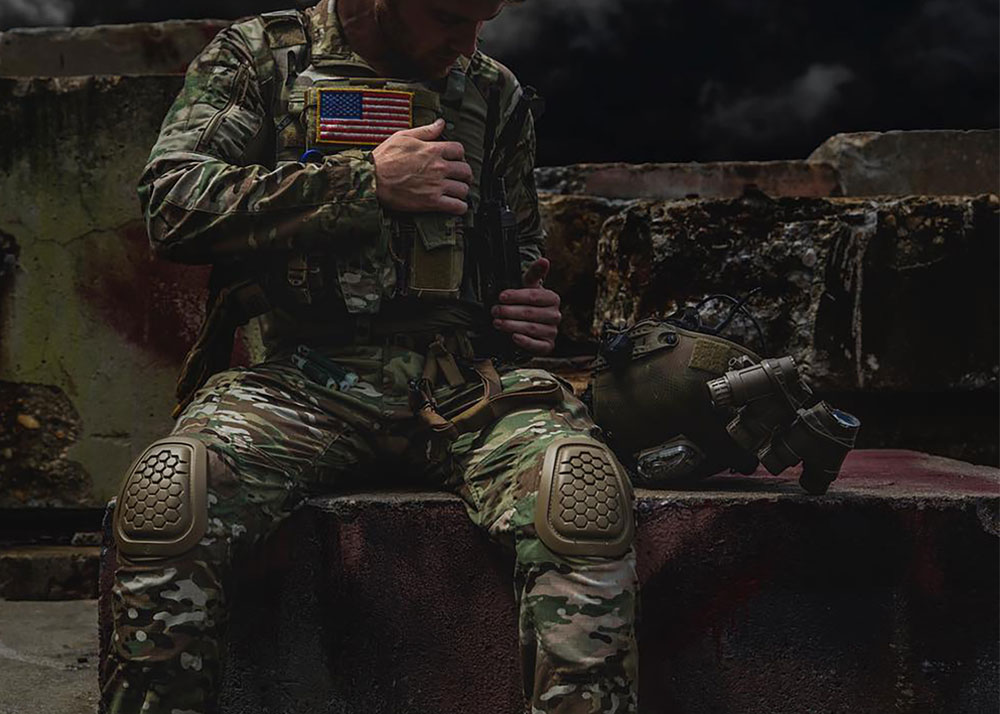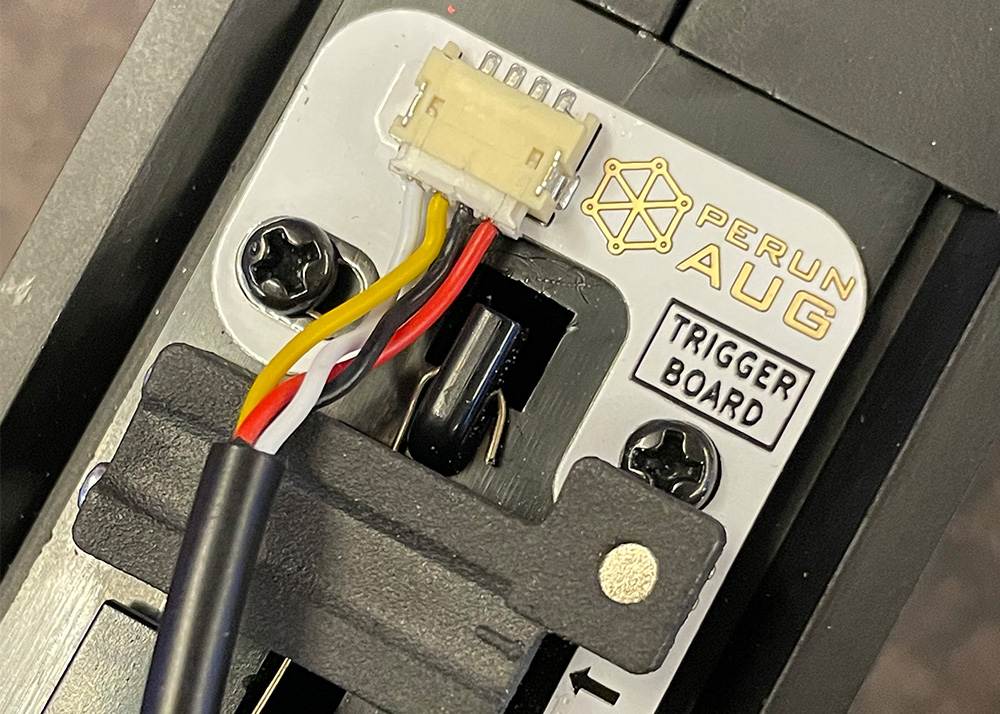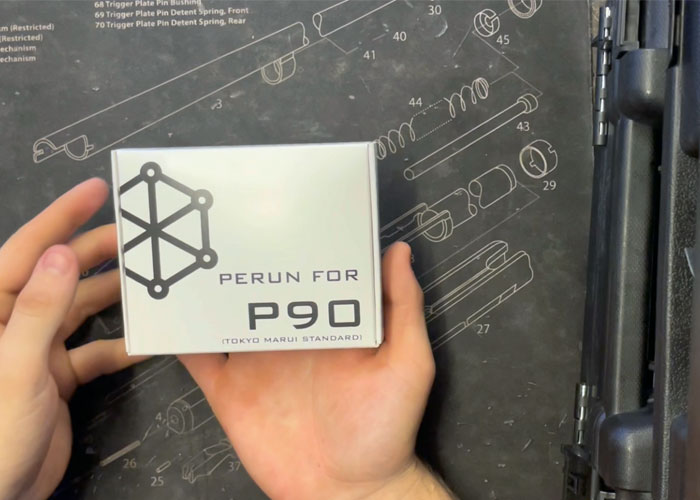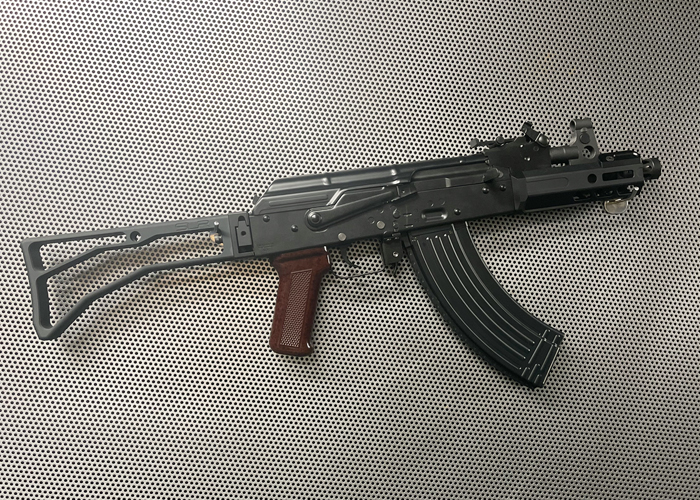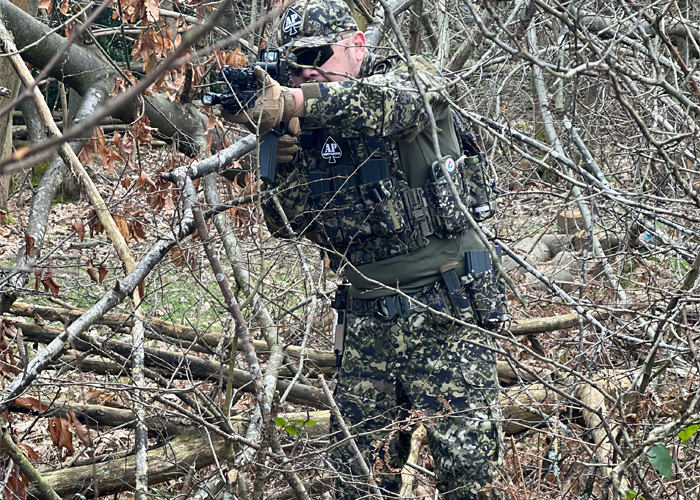Tetris Blocks Flashbacks Of Traumatic Memories Fixed In The Brain
Gungho Cowboy
09 Jul 2015
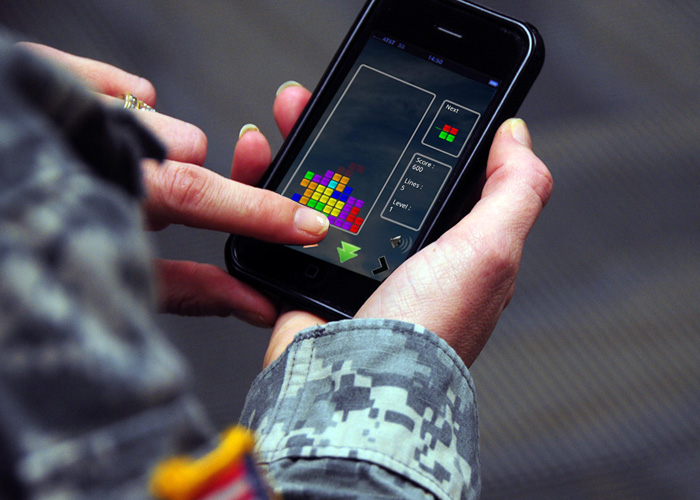
Tetris is one of the most addictive video games of all time. My family was obsessed with it, with my parents and siblings getting their own portable game consoles just to play this game and we tried to beat each other's high scores. Over time, the novelty wore off, but the game never left us. We all have a Tetris game app installed in our smartphones to keep us occupied when not checking Facebook, taking selfies, or playing Angry Birds. A Soviet designed video game, it still is a much played video game, in one form or another.
Now, apart from keeping us occupied for hours, Tetris may help those who are getting flashbacks of traumatic events, such as those who have been diagnosed with Post Traumatic Stress Disorder (PTSD), block those memories. For individuals who are involved in helping those with PTSD cope with such syndrome, airsofters and veterans alike, this development is a welcome thing.
In an article on New Scientist, in 2009, a team of researchers from the Medical Research Council Cognition and Brain Sciences Unit in Cambridge, led by Emily Holmes, showed that playing Tetris that playing the game within four hours after a traumatic event reduced the number of traumatic flashbacks. The drawback is that not always possible that the video game can be put into the hands of the trauma victim within that time frame. The worry is that the memory of the event gets fixed into the brain as the victim sleeps over it.
The same team decided to continue with the research if the game can still have an effect of blocking those memories even if the memories have already been lodged in the brain. They conducted an experiment wherein 56 volunteers were shown some Public Safety Announcements (PSAs) as these are videos produced with distressing scenes intentionally done to stay in the memories of those who watched these. The following day, the volunteers were shown still images from the videos to reactivate their memories, bringing these to a state in the brain where they can be modified. They then had half of the participants play Tetris for 12 minutes with the other half doing nothing.

Over the following week, those who had played Tetris experienced 51% fewer intrusive memories than those who did not. They also scored lower when they answered a questionnaire that contains a section on intrusive memories used to diagnose PTSD.
According to Emily Holmes, other visually engaging video games such as Candy Crush combined with other visual tasks may help too. Perhaps, airsoft can be classified as such as there are reports of airsoft being helpful to veterans coping with PTSD.
The problem with airsoft, if proven to really help by further research, is that it cannot be taken up anytime by those with PTSD since it requires more equipment and going to an actual airsoft field just to play. In between airsoft games, video game apps such as Tetris and Candy Crush, can help even further as they are very much portable as these are installed in smartphones. Encouraging veterans to play Tetris and Candy Crush during their idle times can help block those memories and eventually reducing flashbacks, enabling them to interact better with the world, especially their family and friends. It is also a more cost-effective way of helping them out as they cost free or just less than a dollar to install in mobile phones.
It's time to collect all those iTunes and Google Play gift cards to give to veterans and other people with PTSD so they can purchase such types of video games. What's even better is also playing with them, trying to beat each other's high scores, just to give it a more social component to it.

